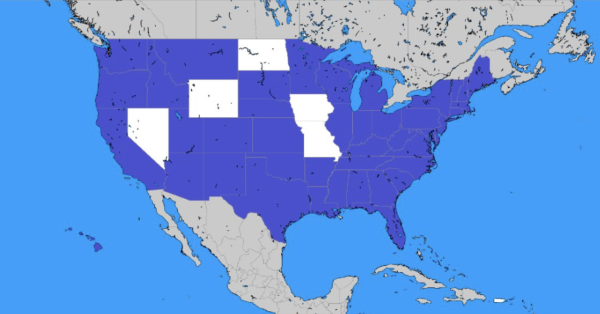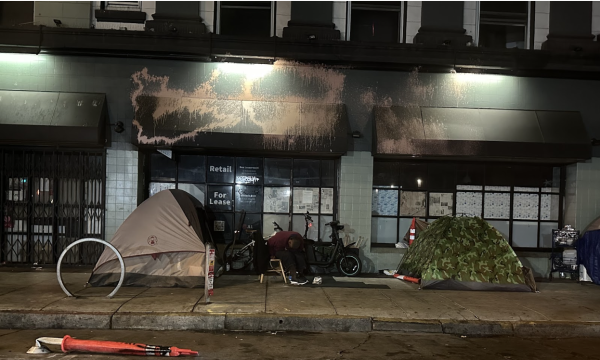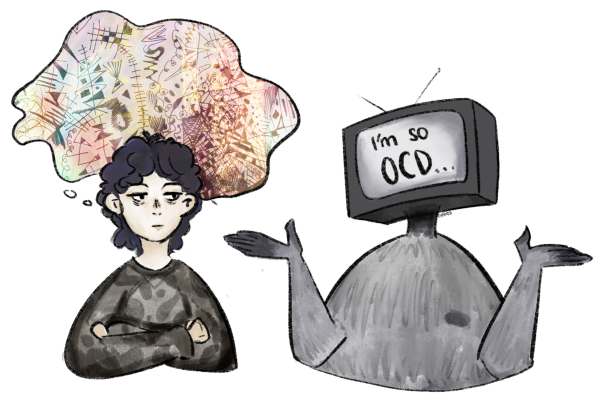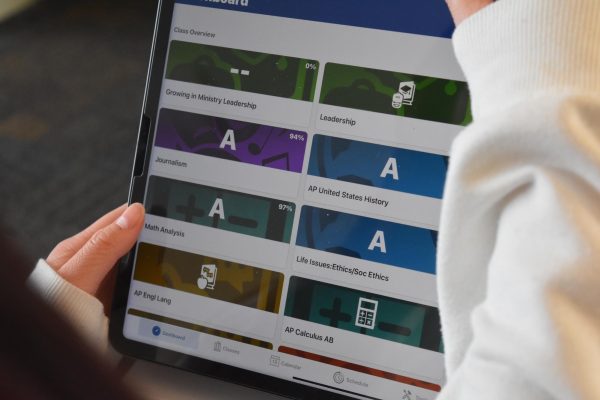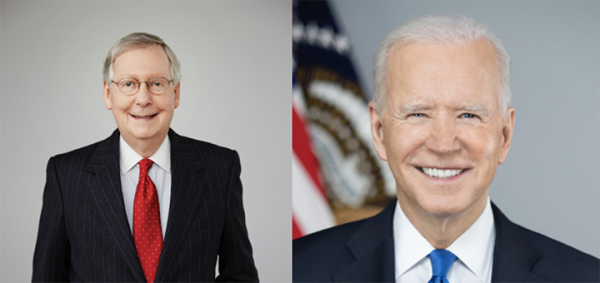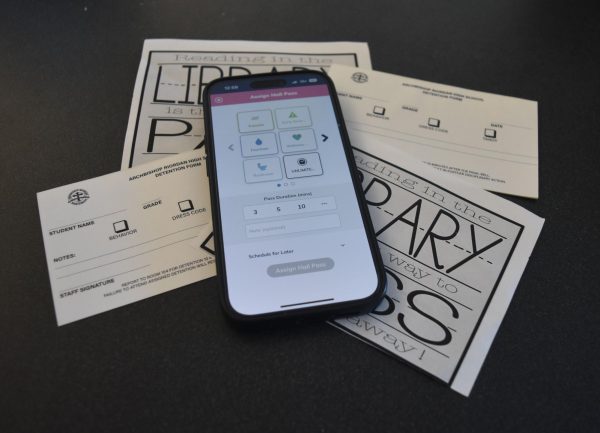Spartan Spear

January 30, 2020
Student activism in the wake of the shooting at Marjory Stoneman Douglas High School in Parkland, Florida has brought new life to the debate of letting younger people vote. Although many view this as unwise, the idea is intended to create lifelong voters and help counter a national epidemic of voter disengagement.
Unfortunately, when it comes to electing lawmakers whose decisions about gun control and other issues affect their lives, high schoolers lack any real power. This needs to change. The federal voting age in the United States should be lowered from 18 to 16.
First, 16-year-olds are just as knowledgeable about politics as older voters. The Annals of the American Academy of Political and Social Science found “On measures of civic knowledge, political skills, political efficacy, and tolerance, 16-year-olds, on average, are obtaining scores similar to those of adults… Adolescents in this age range are developmentally ready to vote.” In addition, psychologists believe that 16-year-olds have “cold cognition” skills: those used to make informed, well-thought-out choices needed to vote.
Second, lowering the voting age will increase voter turnout and develop lifelong voting habits. The U.S. has one of the lowest voter turnout rates. A person who votes in one election has a 13 percent greater probability of voting in a future election, and this can have a “trickle-up” effect on adults, increasing the overall voter turnout rate.
Lastly, at the age of 16, people should have a voice in the laws that affect their lives and the future. Students live under threats such as school shootings and climate change, and they deserve to have influence over their elected officials.
This proposal was rejuvenated because of the anger that those most affected by school shootings have no say in how these atrocities are best prevented. Congress should give young people a voice to make this happen.




